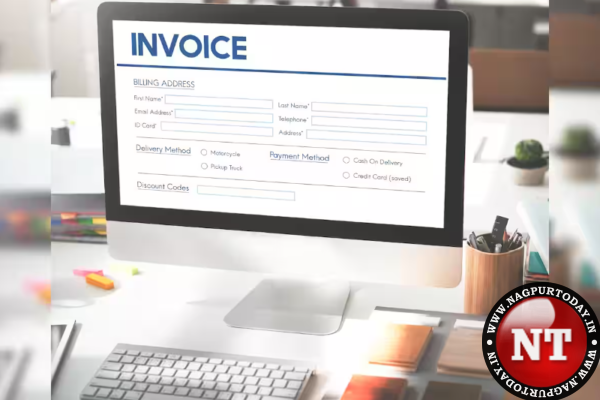Mandatory linking of e-invoice with e-way bill, applicable from March 1 for certain types of transactions, may cause disruption in operation and has created confusion among tax planners who are seeking clarification from the authorities, experts said on Sunday. The move was initiated after the mismatch in e-way bills and e-invoice statements was noticed in several cases, they said.
“Blocking the generation of e-way bill without e-invoice/IRN details for B2B (business to business) and B2E transactions for e-invoice enabled taxpayers,” said an advisory issued by the National Informatics Centre (NIC), which manages the indirect tax portal.
“What would happen if there are multiple containers for a single consignment? How will the shipping bill numbers be captured in e-invoice, which otherwise is a future activity?” he questioned.
These updates will further increase the compliance burden on business owners, and every day the system changes and business owners are expected to comply with the same, Lexportex India director Apurva Agarwal said.
An e-way bill is a document required for the movement of goods, and it includes details such as the name of consignor, consignee, transporter, the point of origin of the movement of goods and its destination.
The e-invoice system seamlessly integrates with the e-way bill system, generating such bills automatically if transportation details are included during e-invoice generation.
However, some taxpayers generate e-way bills without linking them to e-invoices for B2B and B2E transactions, causing discrepancies between the separately entered invoice details in e-way bills and e-invoices, explained Vedika Agarwal, Indirect Tax Consultant at Aquilaw.
“To prevent these discrepancies, starting from March 1, e-way bill generation without e-invoice details will not be allowed. This is applicable for e-invoice-enabled taxpayers and for the transactions related to supplies under B2B (business to business) and exports,” she said.
Transactions unrelated to B2B and B2E (business to employees), such as B2C (business to consumer) and non-supplies, will continue to generate e-way bills without changes, she said.
“I guess there will be a detailed clarification that will be issued soon addressing such queries,” Agarwal said. Putting HSN, a code to identify a product by the indirect tax system, in the e-way bill is also made mandatory from February 1.
Taxpayers with an annual aggregate turnover exceeding Rs 5 crore will be required to provide at least a 6-digit Harmonized System of Nomenclature (HSN) code, while those with less than Rs 5 crore need to provide at least a 4-digit HSN code.
“This requirement will be enforced in the e-way bill system starting from February 1. Taxpayers are advised to update their systems and ensure compliance,” Agarwal said.















